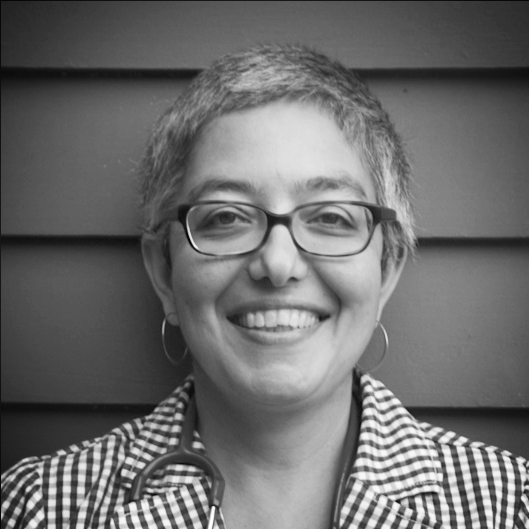FSR’s Virtual Summits this Fall will be day-long, comprehensive educational and wellness events. While they will be held entirely online, the Summits will still have plenty of opportunities to interact with other sarcoidosis warriors via chat rooms and our virtual lounge, but will also have a wellness component! Learn more about one wellness opportunity that will be available to summit attendees, Qi Gong meditation, below and save your spot for an FSR Virtual Summit today!
Learning about Qi Gong with Dr. Tooba Durrani, ND L.Ac., Herbalist

Though trained in many areas of both Eastern and Western medicine, Dr. Durrani’s main focus is on energetic medicine, which examines the deeper connections between the human body, Nature, and the Universe. Dr. Durrani primarily uses acupuncture, homeopathy, aromatherapy, biotherapeutic drainage, and Chinese herbs, as well as sound and diet therapy in the treatment of medical conditions. She incorporates the practices of Reiki and Qi Gong in her therapies.
Dr. Durrani’s knowledge is always evolving and growing, as she continually seeks to explore new methods and practices of naturopathic medicine to bring to her practice for the benefit of her patients. Her practice focuses on such issues as: women’s and men’s health, chronic or acute pain, anxiety, depression, diabetes, weight loss, and gastrointestinal disorders.
What is Qi Gong (pronounced Chi Gung)?
Qi can be loosely translated as life force, breath, or energy.
Gong is the work of or study of (in this case) life force/breath/energy.
Qi Gong is an internal martial art that has a self-healing component. If you look online for the definition of Qi Gong you will come across numerous definitions but most of them have in common that Qi Gong is a healing practice. In general, it is safe to do.
Qi Gong involves movement and breath work to engender the healing Qi in our bodies. This movement with breathing is taught in a Qi Gong form. An outsider observing the Qi Gong practitioner will only see the movement of the body but not the breathing practice the Qi Gong practitioner utilizes. Since the advent of Qi Gong forms, the breathing practice has been the secret component of the practice only taught by the teacher to her/his student.
There are many forms of Qi Gong available. In our practice I will focus on a form that is simple and is about the breath and lung health. It is a simple standing form that looks easy but can be challenging. If one cannot stand for the practice of the form I will make modifications to do it sitting. I will teach Qi Gong warm up exercise in preparation for the form.
The other aspect of Qi Gong is daily practice. One cannot see results from the Qi Gong without a daily practice. Often, this can be a challenge for those of us who lead busy lives. What I have noticed through my own practice of various Qi Gong forms taught to me by my Qi Gong teacher, Master Zhongxian Wu, that I feel the effects of the Qi Gong in my health when I set aside the same time every day to do the practice. Morning on waking is often the easiest time for most people.
(Master Wu’s website for more information on Qi Gong: https://chinesewisdomtraditions.com)
